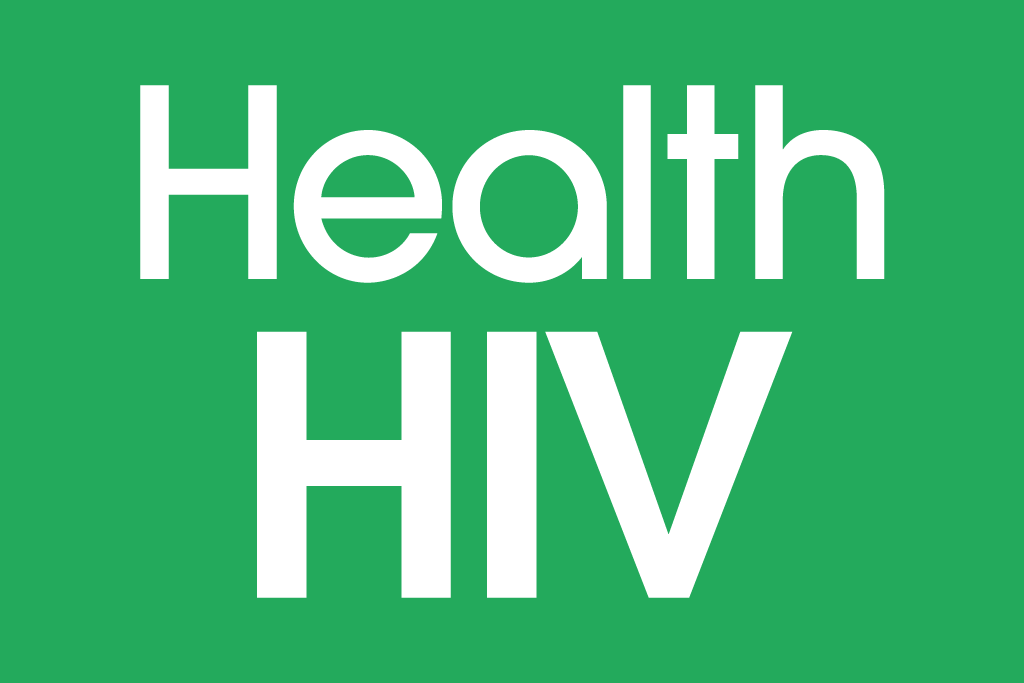Transitional Care Coordination: From Jail Intake to Community HIV Primary Care
This intervention is part of the Dissemination of Evidence-Informed Interventions project—the first SPNS project of its kind to apply a rigorous implementation science approach and evaluate intervention replication and fidelity of evidence-informed intervention models across the country.
CDC Data2Care
Data to Care (D2C) is a public health strategy that uses HIV surveillance data, pharmacy fill data, clinic appointment data, and other treatment and care data sources to identify persons with HIV who are not in care, link them to medical and social services, and support the HIV Care Continuum.
Compendium of Evidence-informed Approaches to Improving Health Outcomes for People Living with HIV
A collection of implementation guides on evidence-informed best practices in HIV care delivery.
Community Health Workers: Improving Linkage and Retention in HIV Care
Ten organizations across the U.S. integrated CHWs into their multidisciplinary care teams, through Improving Access to Care: Using Community Health Workers to Improve Linkage and Retention in HIV Care, a Ryan White HIV/AIDS Program (RWHAP) initiative from 2016 to 2019.
Text Me, Girl!: Transgender-Specific Text Messaging to Support Care Engagement
This package of training and implementation tools was developed to assist Ryan White HIV/AIDS Program (RWHAP) sites and other organizations/clinics to implement the Text Me, Girl! intervention.
Behavioral Health Models to Improve HIV Health Outcomes for Black Men Who Have Sex With Men
Resources to facilitate the replication or adaption of successful interventions for engaging Black MSM in HIV medical care, behavioral health care, and support services and improving their health outcomes.
Using a Multidisciplinary Approach to Improve Retention in HIV Care
A hospital-based clinic affiliated with the Hospital of the University of Pennsylvania implemented a multidisciplinary approach to strengthen outreach to Ryan White HIV/AIDS Program (RWHAP) clients and improve care retention. Clients served with the multidisciplinary approach had higher rates of retention in care.
RWHAP Provider Use of Regional HIEs to Find and Re-engage Patients in Care
“Office Hours” is a technical assistance platform that allows Ryan White HIV/AIDS Program (RWHAP) recipient and provider staff to talk with their peers in an informal setting about specific technical challenges and solutions. These hour-long calls will include a short presentation by a RWHAP recipient or provider about their data management approach.
Preliminary Results from a Text Messaging Outreach Initiative to Reengage People Lost to HIV Care
Preliminary results from an ongoing RWHAP clinic initiative to use text messaging as a re-engagement strategy to bring lost patients back to care, which may be a more manageable and possibly equally effective re-engagement strategy when compared to phone outreach.
Harnessing Electronic Health Record Technologies to Improve Retention in HIV Care
Demonstration of how the development of a robust, HIV-specific retention module within a hospital’s the EHR (Epic) helped retention-in-care efforts and demonstrates how technology can be harnessed to retain patients in care, improve HIV care continuum outcomes, and help communities end the HIV epidemic.



